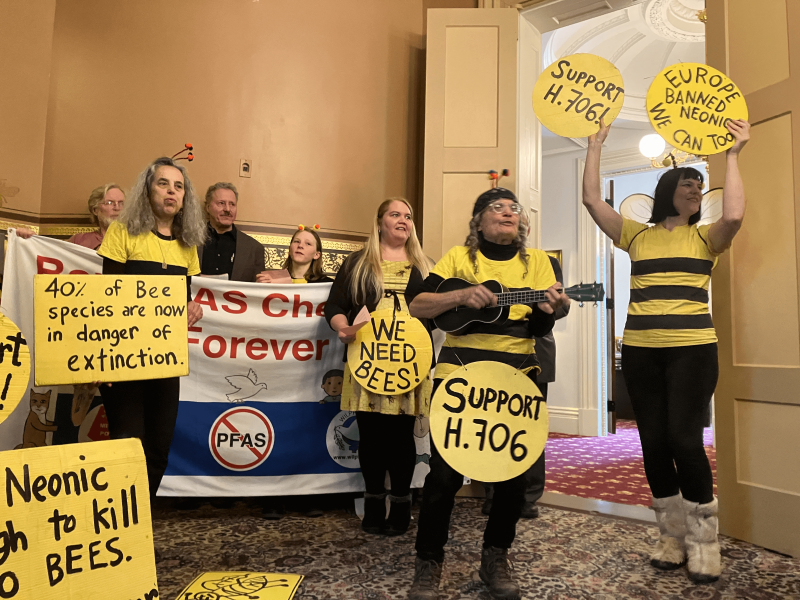A new bill in the Vermont House would ban the use of certain insecticides by the state’s agricultural sector. Bill H.706 bans the use of neonicotinoid insecticides on many crops, such as corn, soy and grain, and on all crops during bloom. The bill follows a recent move by New York state to ban the use of neonics out of the fear it would hurt pollinators. This claim lacks evidence. What does not lack evidence is a ban on neonics would increase consumer prices and hurt farmers, especially in the dairy industry.
Replacing neonics is hard to do: For every pound of neonicotinoid, it would now require five pounds of older pesticides that insects have sometimes built resistance to. One neonic alternative, diamide, would be three times as expensive, which would impoverish farmers and increase food prices for consumers. In fact, lawmakers have not commissioned an impact assessment on what this ban would really mean for consumers and growers. What they do instead is rely on a Cornell report from 2020 made for New York state, which states itself that it was not designed to contain any policy prescriptions. We cannot afford to answer the question “what will this do?” with “we don’t know.”































